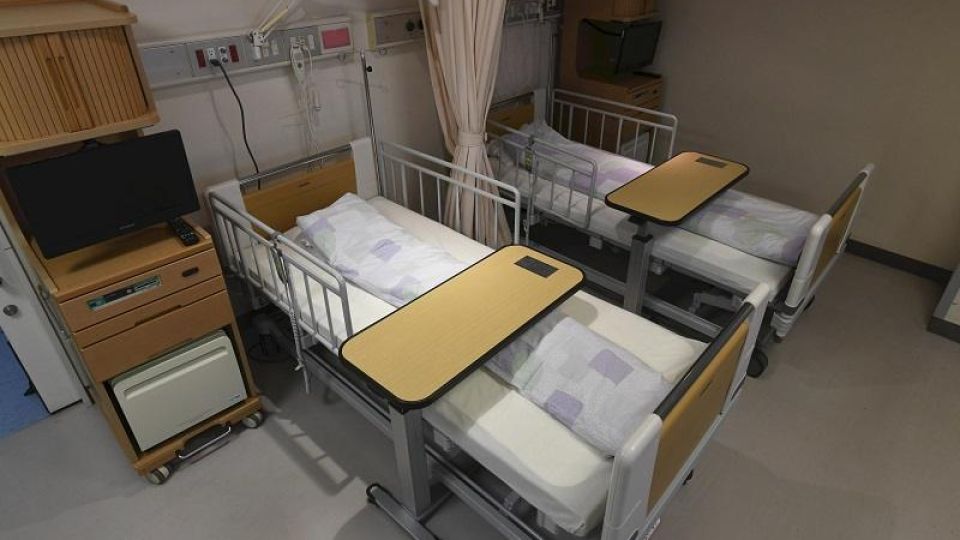April 5, 2022
TOKYO – The approval rating for the Cabinet of Prime Minister Fumio Kishida has remained relatively high since it launched six months ago, thanks to its position on Russia and its management of coronavirus infections.
The Cabinet has taken a firm stance against Russia since the country invaded Ukraine, and successfully avoided a collapse of the medical system despite the highest number of coronavirus infections.
The biggest challenge in the past six months has been how to respond to the sixth wave of infections caused by the omicron variant. Although the government was criticized for the delay in the third round of vaccinations and the shortage of antigen test kits, it was able to avoid declaring a state of emergency because it had expanded hospital beds for COVID-19 patients based on lessons learned from the fifth wave.
The omicron variant is also less likely to cause serious symptoms compared to the previously dominant delta variant, and that has contributed to the medical system’s stability. In the end, the surge of infections did not result in a fatal blow to the administration.
Policies have been implemented steadily through the efforts of Prime Minister’s Office officials. A team of secretaries led by Executive Secretary to the Prime Minister Takashi Shimada, who is a former vice minister of economy, trade and industry, deals with domestic affairs, while Takeo Akiba, secretary general of the National Security Secretariat and former vice minister for foreign affairs, coordinates details among ministries and agencies on diplomatic matters. Deputy Chief Cabinet Secretary Seiji Kihara, who is Kishida’s close aide, takes the initiative in sensitive matters before Kishida makes the final decision.
This bottom-up approach has enabled the administration to respond flexibly to challenges like the sixth wave.
Kishida is also supported for his handling of the Russia-Ukraine situation, according to the latest Yomiuri Shimbun survey.
At a summit meeting of the Group of Seven industrialized nations in Brussels on March 24, U.S. President Joe Biden was among the world leaders who expressed appreciation for Kishida’s decision to impose strict sanctions on Russia in alignment with the West, saying that he would like to pay his respects to Kishida for his leadership.
Since the Cabinet of former Prime Minister Shinzo Abe, the Japanese government has refrained from taking a firm stance on Russia — compared to the United States and European countries — out of consideration for negotiations over the northern territories.
However, Kishida had instructed officials to change this long-standing government policy even before the Russian invasion started, saying that it was “a fight to maintain the international order.”

